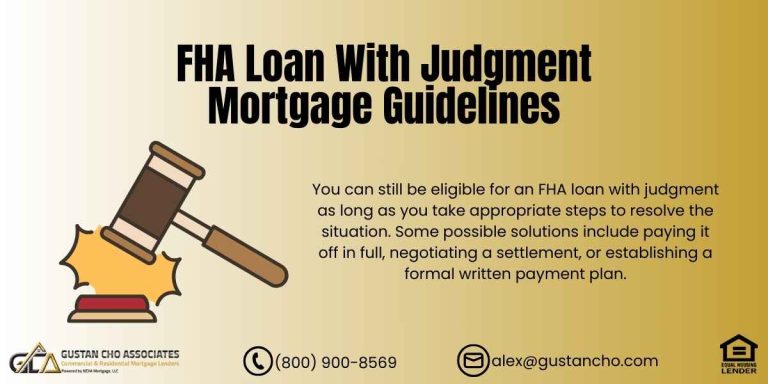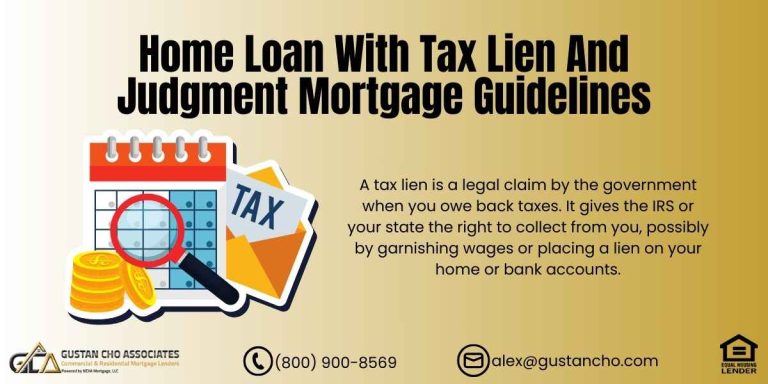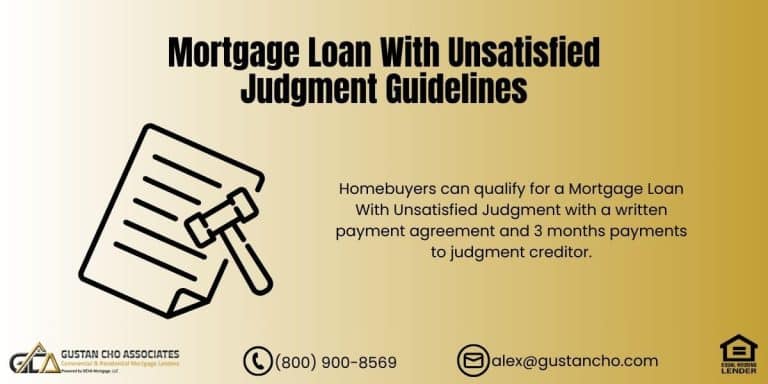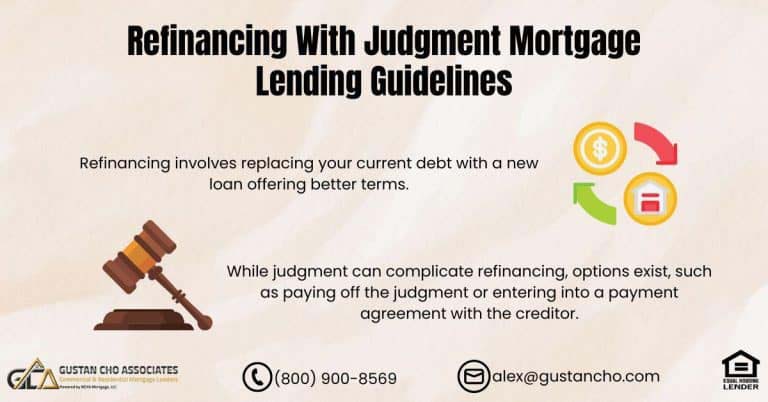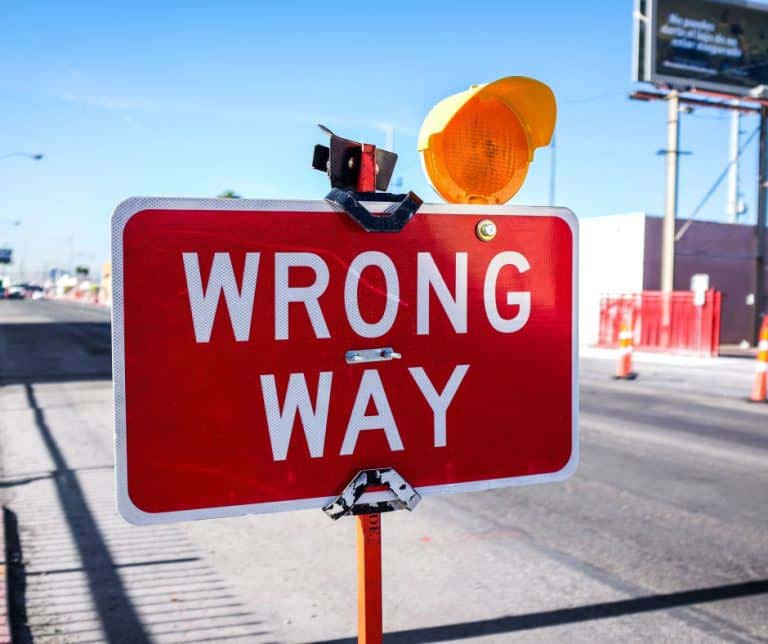This Article Is About Qualifying For Home Loans With Deficiency Judgments:
Many borrowers are under the belief you cannot qualify for a mortgage with outstanding judgments. This is not true. Borrowers can qualify for a mortgage with outstanding judgments under the following conditions. The judgment needs to be satisfied either by having it paid off in full and/or negotiated at an agreed amount.
The payment needs to be paid either prior to or at closing and recorded. A release of judgment is required. The second option is to make a written payment agreement with the judgment creditor. Three timely monthly payments need to be made. Proof of payment needs to be provided to the lender. Proof of payment can be provided by three monthly canceled checks and./or three months of bank statements. You cannot pay the three months of payments upfront in order to qualify for a mortgage.
Prequalify for a mortgage in just five minutes.
Mortgage Borrowers Can Qualify For A Mortgage With Outstanding Judgments
Mortgage Borrowers can qualify for a home loan with bad credit. Lenders with no overlays will not require borrowers with outstanding collections and charge off accounts to pay those off. Mortgage Guidelines do not require borrowers to pay outstanding bad credit to qualify for government and conventional loans.
Home Buyers can qualify for FHA, VA, and Conventional Loans with deficiency judgments under the following circumstances:
- Have a written payment agreement with judgment credit
- Have three months of seasoned monthly payments paid to the judgment creditor
- Need to provide three months canceled checks and/or bank statements showing proof of three months payments
- Deficiency judgments can be negotiated and paid in full prior to or at closing
What Are Deficiency Judgments?
A deficiency judgment is a court order that makes you liable for an unpaid debt to a creditor.
Judgments are issued by a judge. In cases where a home gets foreclosed and the homeowner has a deficiency, the lender can go after the deficiency. When a home goes into foreclosure and is sold at the sheriff’s sale for an amount less than what is owed to the mortgage lender, there is a deficiency.
The mortgage lender can then go after the homeowner for a deficiency judgment. But needs to go through the proper channels of proper service. Most lenders do not go after the homeowner for the deficiencies.
Once it goes to trial or the homeowner does not show up in court, the judge can issue a deficiency judgment to the homeowner.
Case Study On Deficiency Judgment
Most lenders do not go after the homeowner on a foreclosure case. However, in cases where a lender goes after a homeowner for a deficiency, the lender needs to file suit in court.
For example, homeowners who default on a mortgage loan:
- Home goes into foreclosure
- Then goes into an auction at the sheriff’s sale
- Sells for a value lower than the mortgage loan balance due to the lender
- The lender can decide to go after you for the deficiency
Let’s say the homeowner owes $300,000 on a mortgage loan and the property sells for $200,000 at the sheriff’s auction:
- The owner owes the lender $100,000
- Most lenders will charge off the $100,000
- But some mortgage lenders may decide to go after the homeowner for the deficiency
- The ultimate result is a $100,000 deficiency judgment
- A lender can go after more than the $100,000
The lender can sue for attorney’s costs, late charges, and fees associated with the foreclosure process.
Enforcement Of Deficiency Judgment
Those who have little or no assets and nominal income are classified as judgment proof where a creditor cannot go after them.
A creditor cannot go after assets judgment creditors do not have or exempt assets such as their home. Most state laws protect a certain limit on the amount of money one earns before a creditor can garnishes wages.
Pension and retirement accounts are generally exempt from garnishment from deficiency judgment enforcement.
Deed In Lieu And Foreclosure Best Option To Avoid Foreclosure
If the lender is allowed to pursue a deficiency judgment, there is no way to know whether or not they will.
In many cases, the lender will not go into trouble. Legal action is expensive and time-consuming. People who just suffered a foreclosure often don’t have the assets or income needed to satisfy a deficiency judgment.
People with resources wouldn’t have missed payments in the first place.
Deficiency Judgment After Foreclosure
Depending on the state, deficiency judgments on foreclosures might not be permitted.
As stated earlier, most lenders will not pursue trying to collect the deficiency from the mortgage loan. Filing a lawsuit is extremely expensive and time-consuming. If the lender realizes that the debtor has very little or no assets, then the lender will probably not bother.
However, if the lender realizes that one has assets and substantial income, then the lender will most likely pursue filing a lawsuit and try to collect on the deficiency.
Qualifying For Mortgage With Direct Lender With No Overlays
Home Buyers and Homeowners can qualify for mortgages with outstanding deficiency judgments.
They need a written payment agreement with the judgment creditor. Three months’ worth of payment seasoning is required. Judgment debtors cannot pay the three months’ worth of monthly payments upfront to qualify for a mortgage.
The three months need to be seasoned. Proof of payment needs to be provided with three months of canceled checks and/or bank statements. The judgment can be negotiated at a reduced value and paid prior to and/or at closing as well.
Those who need to qualify for a mortgage with a direct lender with no mortgage overlays on government and conventional loans can contact Gustan Cho Associates at 800-900-8569 or text us for a faster response. Or email us at alex@gustancho.com.




